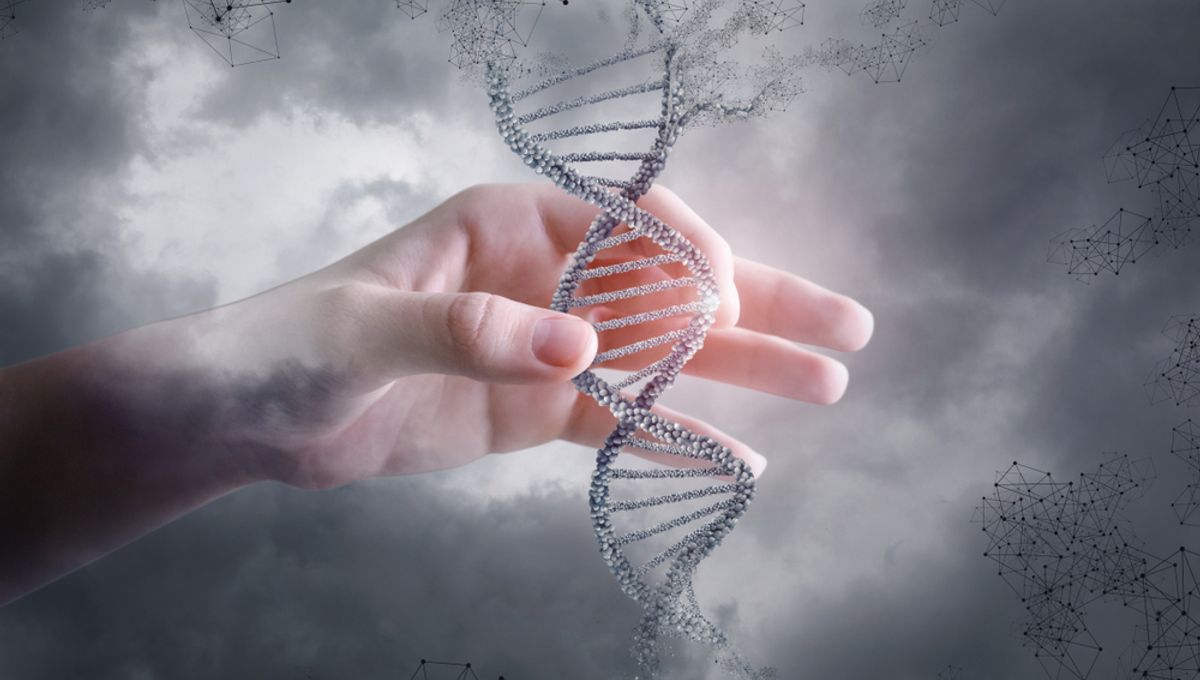
DNA left behind in the surrounding environment could act as an invisible fingerprint, identifying the exact people to have been there previously, according to new research. The findings suggest there may be no place to hide from future scientists or law enforcement, posing a new ethical dilemma of how such information could be gathered and stored.
Wherever we go, we shed DNA. Forming the basis of modern forensic technology, DNA is left in saliva when we speak and cough, shed into dust from dead skin cells, and it even turns out we can retrieve quality DNA from hair without a root, which was previously impossible. Forensic scientists have been identifying criminals from everything from discarded napkins to semen samples for decades, helping solve countless cases that would otherwise lead to dead ends.
However, the exact extent of this ubiquitous DNA hasn’t yet been shown. Now, scientists from the University of Florida have demonstrated it really is everywhere – and it’s frighteningly easy to identify individuals from thin air.
The team used a modern DNA sequencing approach to search for environmental DNA (eDNA) in wastewater surrounding their lab, sand from beaches, and samples of air from a nearby veterinary hospital. These provided quality samples of water, sand, and air from which eDNA could be extracted in a real-life use case.
With permission from the people who would be found in these samples, the team could isolate DNA from footprints in the sand, traces of DNA in the water supply, and even identify individuals in the hospital, as well as the animal being treated and viruses present. When they sampled remote islands never visited by people, they found no traces of them – it sounds obvious, but it acted as a perfect control.
The team found it was remarkably easy to isolate really high-quality DNA that could identify individual people in every medium they tested, including the air. Now, the team believes it’s time to start taking it seriously. According to the authors, the ethical implications of sequencing the DNA of people who may not have consented need to be considered and weighed against the benefits of using such technology in research.
“Any time we make a technological advance, there are beneficial things that the technology can be used for and concerning things that the technology can be used for. It’s no different here,” David Duffy, senior author of the study, said in a statement.
“These are issues we are trying to raise early so policy makers and society have time to develop regulations.”
The study is published in the journal Nature.
Source Link: Individuals' DNA Can Be Easily Identified From Thin Air, And That's A Big Problem